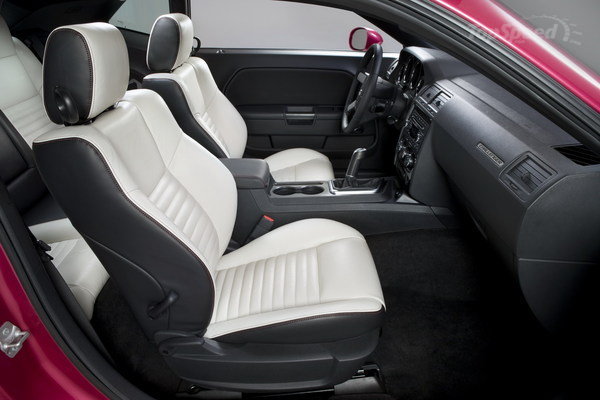Nothing lasts forever. Despite us wanting everything we own to go on indefinitely – unless we really come to hate it – at some point we must move on. One of our most expensive investments will always car and car payment. Yet, what matters too is car resale. Car resales matter because they can add to the acquisition of a new car, meaning we can and do move on to better things.

The quandary of improving an item you’re about to sell
The reason we want to sell an item, as we noted, is to be able to get more funds for something new – in the case of a car, a better car.
Also, secondhand items aren’t necessary worse or lesser depending on the person buying them. While objectively there may be, say, a better model of iPod around, that means little to someone who can only afford an older iPod, at a second-hand price.
However, a dilemma sets in when we decide to increase the value just before sale. Now suddenly the item that was losing value has more of it. We are putting money into an item that will shortly be leaving our possession! In the long run, though, this makes sense as long as we know that we want a new items – not just repairing or improving an old or current one.
Indeed, the dilemma shouldn’t exist at all: We should already have decided whether we want to spend money on repair or new purchases. We mustn’t think of this as a zero-sum game: we are adding money to an item that will be sold so that (a) there is a greater chance someone will purchase it (b) we will get a return on that investment anyway.
Improving the value of a car
What sorts of things improve the value of a car? Naturally, maintaining its surface as unscratched is the least you can do: whether this means actually preventing any scratches or repairing any that are on it. Scratches open the car up to weather effects it would otherwise shrug off, meaning that, for example, water can rust and destroy various important parts.
Other ways to increase the car’s value is to make additions, such as tow bars, abakkie canopy if you have an open load bay, and extra lights. Indeed, dim lights are a sure sign, say experts, that car isn’t in good condition – after all, a proper car would have functioning headlights that pass the requirements of the road. Dim lights also could be perceived to indicate a poor engine.
Shiny wheels are also helpful and, like bright headlights, indicate to potential buyers (and merchants) that the car is of decent value. However, these are short-term solutions that you can implement a few days or weeks before trying to sell.
To really get the most value, however, you should just be taking good care of your car all round. Reckless or drunk driving is the worst thing you can do if you want to one day sell your car. Thus, the best way to ensure you get the best value on your car for resale is to always be a good driver and respect your vehicle.

